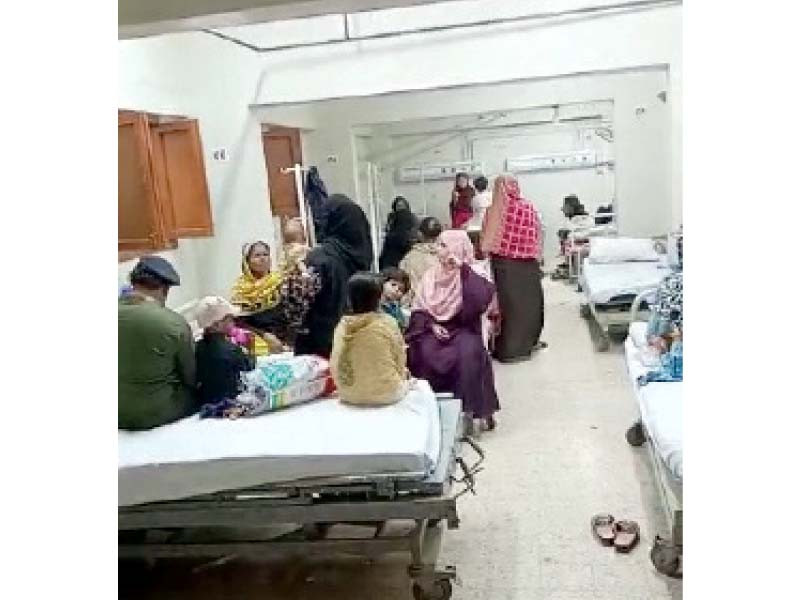Importance of health insurance in today’s uncertain times
KARACHI:
Our health is undoubtedly our greatest asset! However, at times access to the things that contribute to a better quality of life can be challenging for most of us. Moreover, access to even basic healthcare is an issue for particular segments of society.
Pakistan is a developing nation economically but its population is growing at an average annual rate of 1.9% which is almost double the average global population growth rate.
On top of that, over 7% of the population is over the age of 60, which gives rise to an increasing need for medical care for age-related health issues. Also, given that the average woman in the country gives birth to nearly 3.6 children, there is also a significant demand for healthcare services related to pregnancy and childbirth.
Pakistan’s diverse demographic profile offers immense potential for insurance products due to the significant size of its Gen Z segment, comprising 60-65% of its populace, where the majority of individuals are under the age of 30.
This younger lot focuses on maintaining a healthy and secure lifestyle. As such, this segment requires wider access to modern infrastructure like fitness centres to sustain this lifestyle till they get to 60.
Similarly, they need awareness for accepting life insurance products as integral parts of their lives so that when the time comes, they have a support system that eases their worries.
Since a significant chunk of Pakistan’s population is young, therefore it is essential to understand how health insurance works and why it has become a crucial aspect from the early stages of life.
Insurance generally works on the principle of risk sharing, where individuals pay premiums to a service provider in return for providing them financial coverage in case of medical emergencies including hospitalisation, surgical, and outpatient coverage, alleviating the burden


